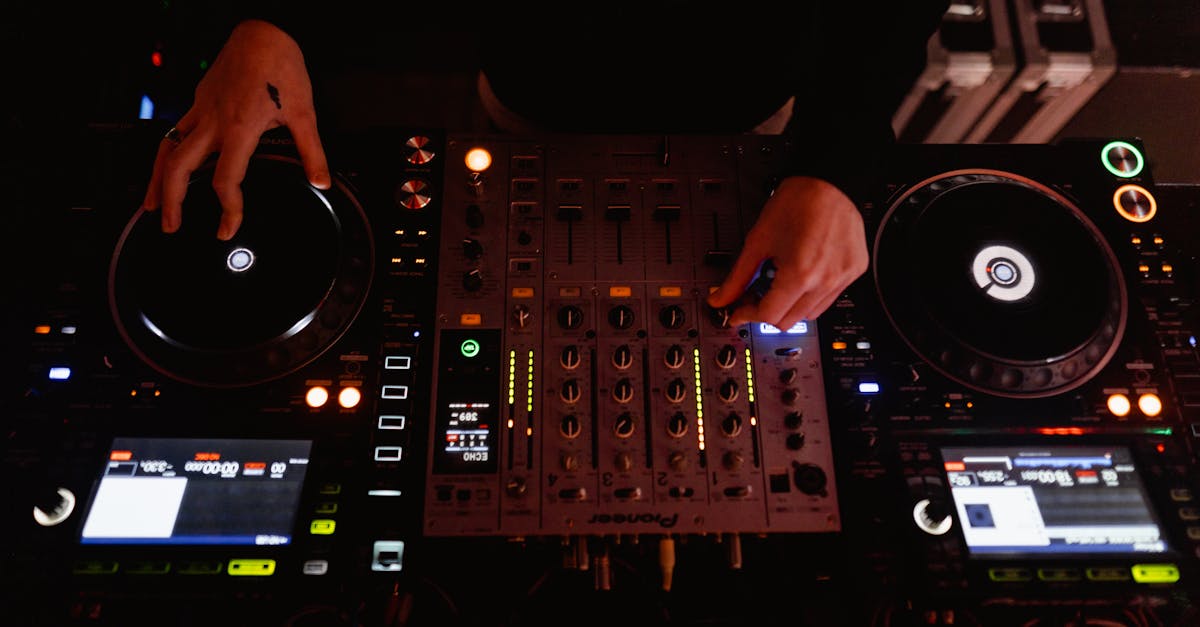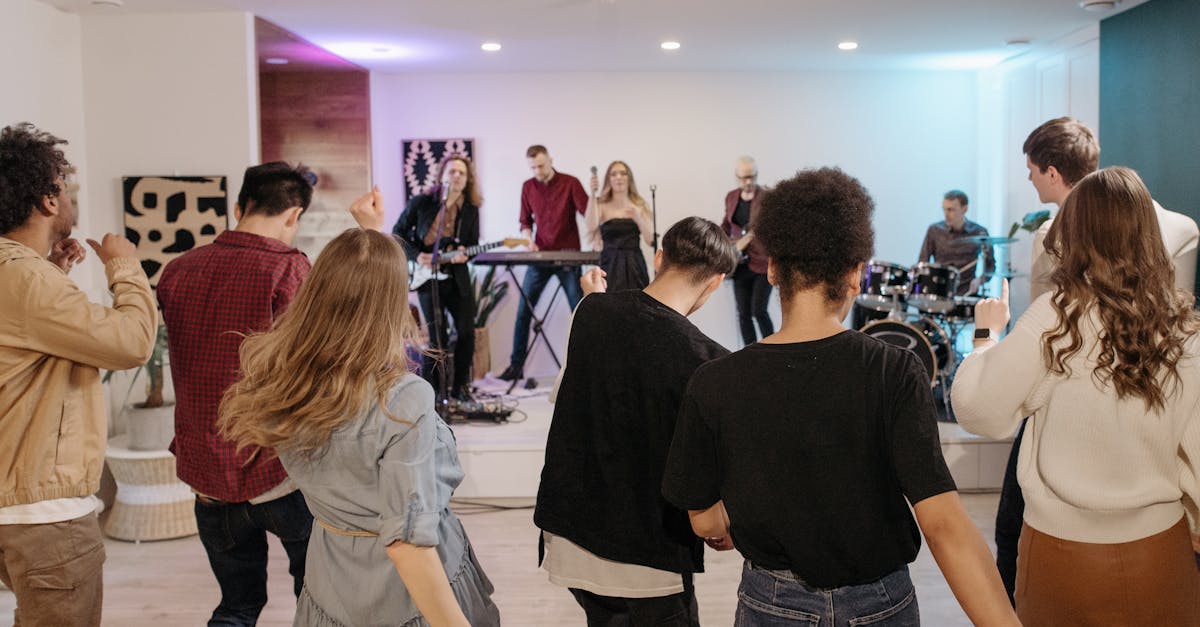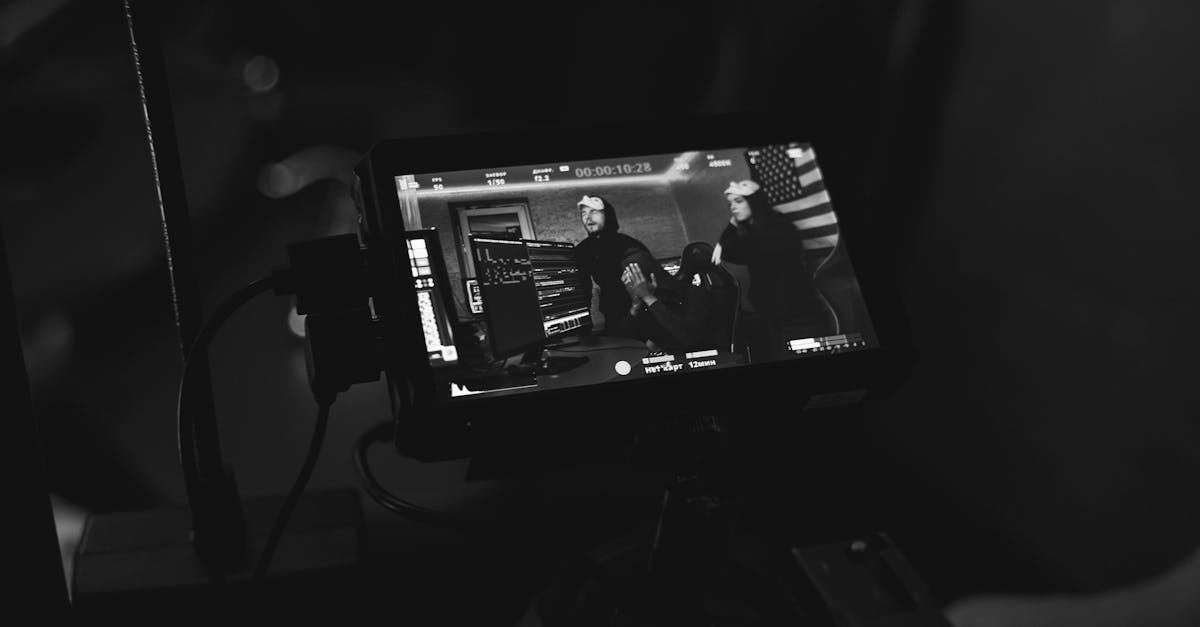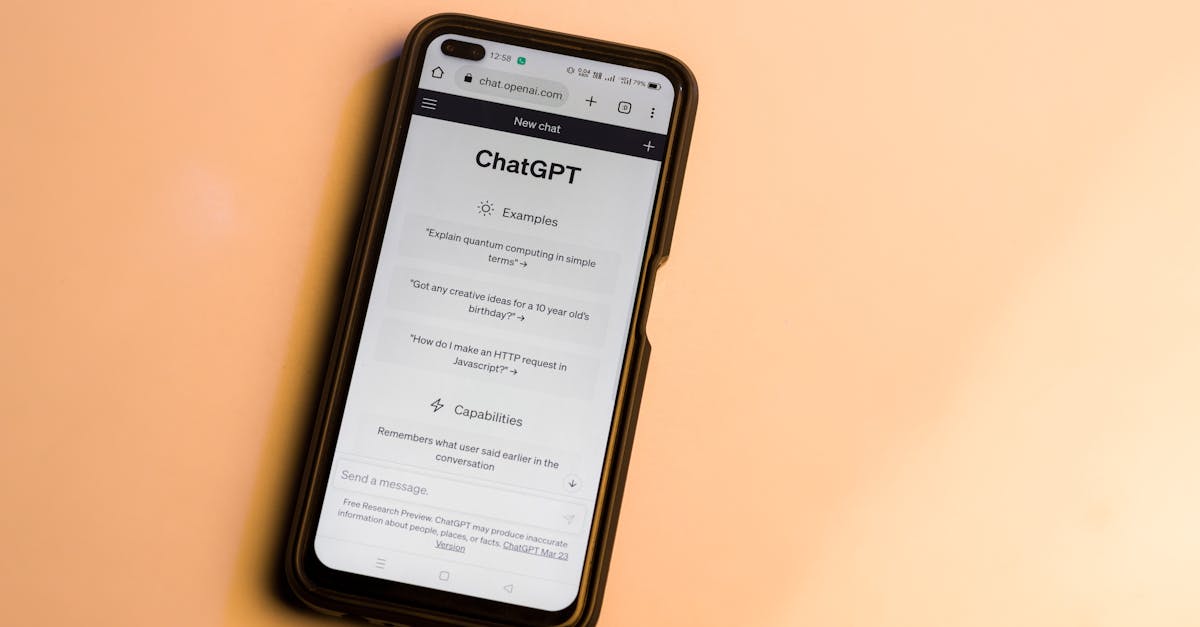Global Notes Harmonies Unite
Introduction
Global Notes: Harmonies Unite is an exploration into the profound influence of music as a universal language that transcends borders and cultures. Music has long been acknowledged as a powerful tool for fostering connection and unity among disparate peoples. Throughout history, diverse musical traditions have woven themselves into the very fabric of societies, serving as a shared experience that unites individuals across continents. The scale and scope of music’s potential to build bridges around the world continue to grow as technology advances. This article dives into the ways music serves as a beacon of unity, enabling cultural exchange and promoting peace on a global level. From traditional folk tunes to contemporary fusion genres, music remains an indomitable force in connecting humanity with its rich diversity.
Advertisement
Historical Role of Music in Unity
Historically, music has played an integral role in bringing different cultures together. In ancient times, music was a key component of communal gatherings, ceremonies, and celebrations, allowing for an exchange of ideas and practices. Folk music, for instance, often includes captivating stories and rhythms shared orally, acting as a living repository of cultural identity. Traditional African drumming or Native American chants are prime examples of music’s role in community-building and storytelling. As travelers and merchants moved across lands, they carried these sounds to new places, enriching global cultures. This exchange of musical traditions laid the groundwork for a more interconnected world, demonstrating music’s intrinsic ability to forge mutual understanding.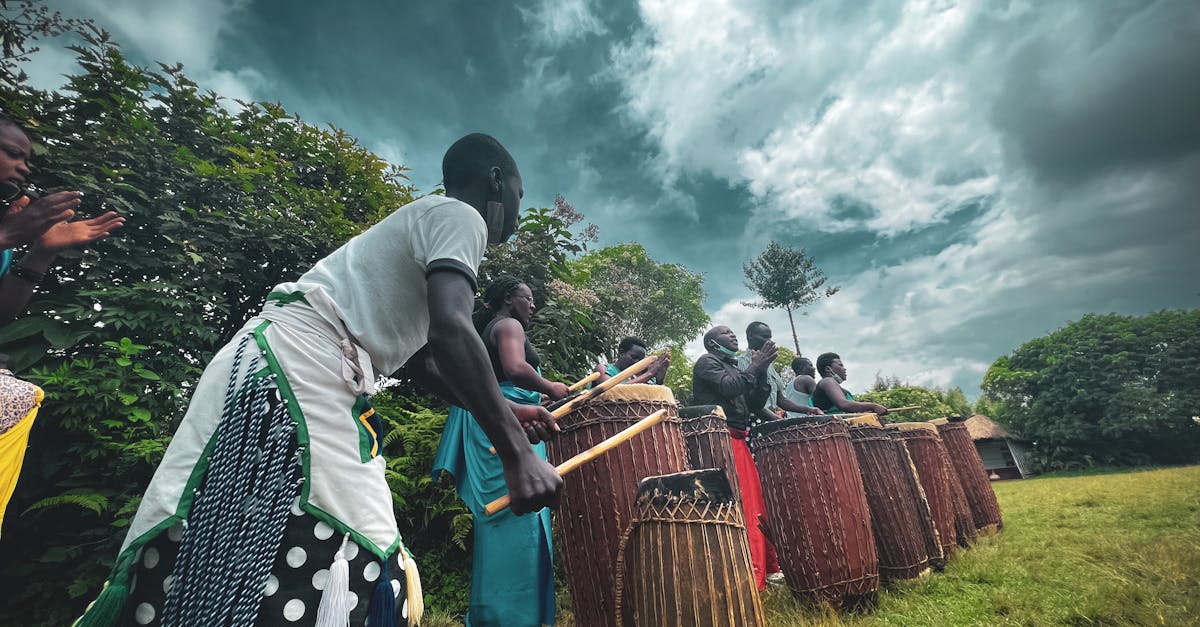
Advertisement
Cultural Exchange Through Music Festivals
Music festivals are vibrant gatherings that facilitate cultural exchange and showcase the world's diverse musical tapestry. These events bring together artists and audiences from varying backgrounds to share and celebrate music's rich diversity. Festivals like the Montreux Jazz Festival and Glastonbury serve as platforms for cultural diplomacy, emphasizing harmony through shared musical appreciation. Such gatherings encourage artistic collaborations, foster dialogue, and build bridges by spotlighting different musical genres, from jazz and rock to traditional ethnic music. Attendees often leave with a broader appreciation for cultural diversity, inspired by melodies that speak a global language, fostering kinship among participants.
Advertisement
The Role of Technology in Music Unity
In our digital age, technology has significantly expanded music’s ability to reach global audiences, breaking down barriers that once divided cultures. Streaming platforms like Spotify and YouTube, as well as social media networks, allow musicians to share their work across the world instantly. Digital collaborations between artists from different ends of the earth are now commonplace, further enhancing cross-cultural interactions. Virtual concerts and music festivals have blossomed, providing broader access to distinctive musical landscapes. This technological revolution in music consumption and creation has amplified opportunities for global harmony, bringing isolated pockets of musical traditions into the mainstream.
Advertisement
Music as a Catalyst for Social Change
Throughout history, music has served as a powerful tool for social activism and change. Music has provided anthems for movements seeking justice, equality, and peace, resonating with diverse audiences united by common goals. Songs such as “We Shall Overcome” or “Imagine” have become rallying cries, transcending geographical boundaries. Across decades, these anthems have captured the zeitgeist, turning them into a universal call for unity in times of division. As a medium that cuts across socio-political barriers, music continues to empower calls for change, bringing attention to causes and fostering solidarity among those who champion them.
Advertisement
Music Education and Cross-Cultural Understanding
Education in music often lays the foundation for fostering empathy and understanding among cultures. Schools across the globe incorporate music into curricula, showcasing ethnomusicology and world music to broaden student comprehension of global diversity. Introducing students to diverse musical traditions engenders a deeper respect for cultural distinctions, enhancing tolerance and acceptance. Programs such as "Playing for Change" use music education to inspire humanitarianism, organizing workshops and projects that unite young participants. By nurturing young minds through music education, societies invest in fostering generations that value inclusive perspectives and celebrate the kaleidoscope of cultures worldwide.
Advertisement
Healing and Peace Through Music Therapy
Music therapy employs music’s transformative properties to address psychological, social, and emotional challenges, further enhancing music’s role as a force for unity. Practiced globally, music therapy sessions transcend language barriers, providing solace and healing to individuals across cultural boundaries. From refugee camps to hospitals, music therapy has been pivotal in trauma recovery, offering a medium through which people articulate emotions that might otherwise remain suppressed. This form of therapy fosters interpersonal connections, encouraging collaborative healing processes that unite individuals on shared musical journeys. By utilizing melodies that resonate universally, music therapy underscores music's potential to mend divides and restore peace.
Advertisement
Global Collaborations in Music Production
The music industry is increasingly characterized by international collaborations, blending diverse influences to create modern masterworks that resonate worldwide. Musicians from varied backgrounds come together in studios, infusing tracks with an amalgamation of styles, perspectives, and rhythms. Prominent collaborations between artists such as Shakira with Carlos Vives or BTS with Coldplay showcase the seamless fusion of different musical heritages. These collaborative projects demonstrate how music is a unifying tapestry that strengthens cultural ties and promotes appreciation for various artistic expressions. The global music industry is a testament to the power of harmony as international success stories continue to redefine cultural boundaries.
Advertisement
Music as a Universal Language
One of music’s most remarkable abilities is its function as a universal language, able to convey emotion and inspiration without words. Melodies evoke reactions that transcend cultural context, often speaking to the soul directly. Classical pieces by composers like Beethoven, or innovative beats from electronic producers such as Daft Punk, communicate feelings of joy, sorrow, or excitement effortlessly. In cross-cultural settings, music serves as a perfect medium for connection, allowing people to experience shared emotions, irrespective of linguistic differences. Its ability to resonate with people across the globe underscores music's potential to build bridges and unite diverse communities.
Advertisement
Conclusion
In conclusion, music's unique power to transcend barriers and create global harmony is undeniable. Whether through technology, education, or international collaboration, its potential to unite remains unwavering. In a world often divided by cultural and geographical differences, music stands as a beacon of unity and empathy, a shared language that moves beyond words. As societies become increasingly interconnected, fostering understanding through music becomes ever more critical. By recognizing music's role in global unity, we can inspire a future where collaboration, compassion, and cultural appreciation flourish in harmony.
Advertisement

